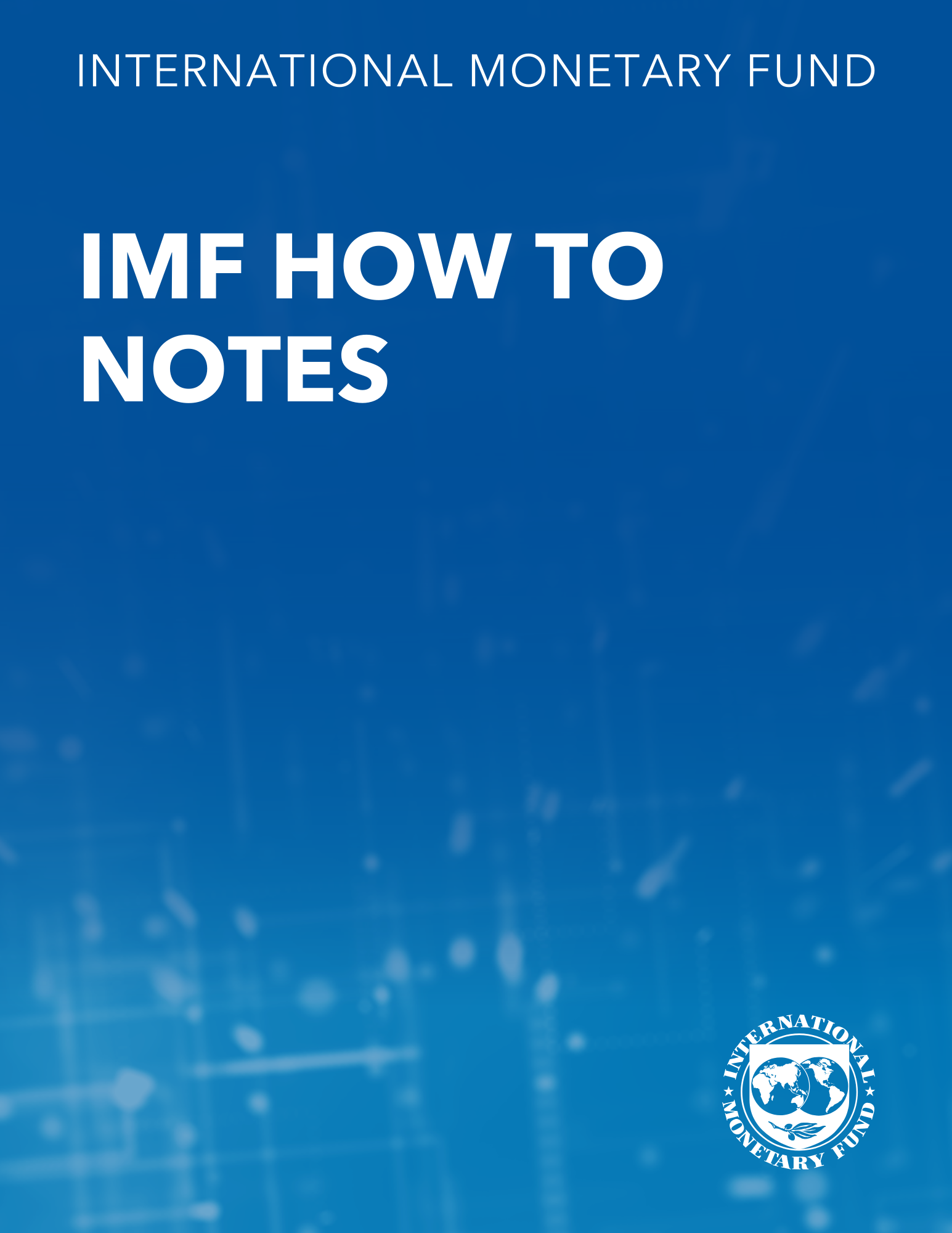The Impact of the Tax Cuts and Jobs Act on Foreign Investment in the United States
May 6, 2022
Disclaimer: IMF Working Papers describe research in progress by the author(s) and are published to elicit comments and to encourage debate. The views expressed in IMF Working Papers are those of the author(s) and do not necessarily represent the views of the IMF, its Executive Board, or IMF management.
Summary
Subject: Average effective tax rate, Balance of payments, Corporate income tax, Effective tax rate, Foreign direct investment, Marginal effective tax rate, Tax policy, Taxes
Keywords: Average effective tax rate, Corporate income tax, Effective tax rate, Effective Tax Rates, Foreign direct investment, Global, inbound foreign direct investment, Inbound Investment, investment in property, Marginal effective tax rate, plant and equipment, PPE investment, PPE Investment, tax coefficient, TCJA
Pages:
30
Volume:
2022
DOI:
Issue:
079
Series:
Working Paper No. 2022/079
Stock No:
WPIEA2022079
ISBN:
9798400207761
ISSN:
1018-5941






